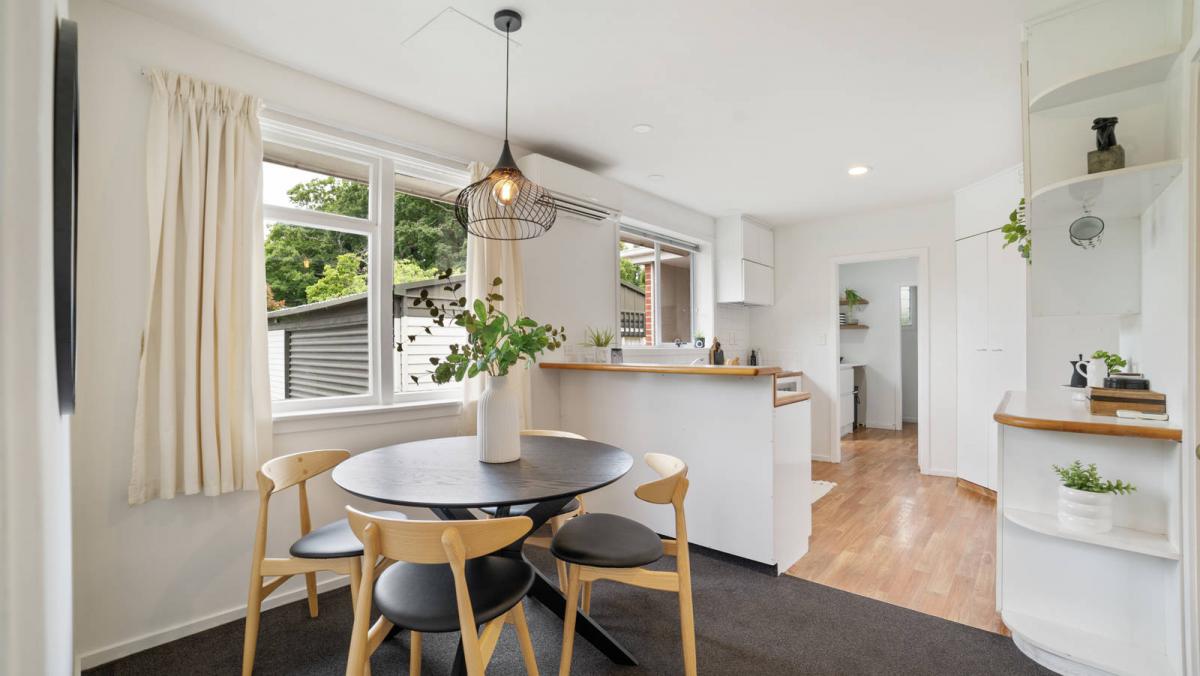Family bach owners allowed to remain on conservation land
By local democracy reporter Brendon McMahon:
Family baches on West Coast conservation land will be able to remain - for now - after fears they would be pushed out.
The win for the owners, who have in some cases owned the baches for generations, follows negotiations with the Department of Conservation (DOC).
In early 2023, the ongoing use of family baches on conservation land was deemed "a privilege, not a right" by the department.
The comment was made after fears were raised about the future tenure of West Coast baches on conservation land at a West Coast Conservation Board meeting.
Poerua River bach owner and Greymouth lawyer Colin Smith said on January 10 "a significant group" of West Coast bach owners, who mobilised in 2023, had reached a solution with the department.
It meant the concessions for bach owners would continue as they were, pending a review of the West Coast Conservation Management Strategy (CMS) in the next year.
"It's been a successful outcome for bach owners but it's only the first step in an ongoing process," Smith said.
The dialogue with DoC had been amicable and "successful", he said.
"It was more an issue of interpretation … We consider the submissions made on our behalf by our barrister helped clarify the relevant policies.
"We look forward to continue to working with the DoC in terms of this matter."
At a West Coast Conservation Board meeting in February, board members questioned a change by the department to the tenure of traditional family-owned baches, particularly in South Westland.
DOC Western South Island operations director Mark Davies denied undue pressure was being placed on bach owners.
However, he said a draft proposal "had been shared" with those affected as concessions were due for renewal.
Davies reiterated concessions for baches on conservation land was "a privilege, not a right".
At the time, Ngāi Tahu board representative and Harihari farmer Rob Wilson said the department should take a conciliatory approach to bach owners "instead of bullying", after agitated bach owners approached him.
Concerns included owners having to show occupancy for 100 days a year, and baches being made available to members of the public in the future under the new concession terms.
Smith estimated about 60 baches across the region are potentially affected going forward.
Many are on pockets of stewardship land or other historic reserve land handed over when DOC was formed in 1987 out of the former NZ Forest Service.
Typically the baches are in the lower reaches of rivers or streams near the coast and used seasonally for hunting or whitebaiting.
Smith said the issue was also a national one as it affected any holder of a concession for a bach on conservation land.
Smith said the West Coast group of bach owners foresaw a good working relationship with DOC going forward to ensure the traditional basis of tenure could continue.
"This is not an adversorial process … this is a case of trying to work with the DoC to find a resolution.
"We're not here to attack the department. We want to, and look forward, to working with the department."
As a result, the bach concession terms would remain the same for the foreseeable future.
"We have a review of the CMS coming up and we envisage we will need to ensure that the current terms relating to baches on conservation land under the current CMS continue under any new CMS document."
Davies said on January 15 "the reconsideration process" for three baches on public conservation land - one at the Waita River, one up the Arawhata River and the other at Kwitchatown - was completed in July 2023.
The department had relicensed the baches for a term of 10 years, he said.
Davies did not comment further on the broader tenure issue for other bach owners.
Local Democracy Reporting is local body journalism co-funded by RNZ and NZ On Air.
Worst Xmas ever?
There's a a lot of planning that goes into Christmas day and sometimes things just don't go to plan. But it can be a good thing - a family mishap or hilarious memory that you can laugh about in Christmases to come.
Whether you burnt the dinner or were stranded at an airport...
Share your Christmas mishaps below!

⚠️ DOGS DIE IN HOT CARS. If you love them, don't leave them. ⚠️
It's a message we share time and time again, and this year, we're calling on you to help us spread that message further.
Did you know that calls to SPCA about dogs left inside hot cars made up a whopping 11% of all welfare calls last summer? This is a completely preventable issue, and one which is causing hundreds of dogs (often loved pets) to suffer.
Here are some quick facts to share with the dog owners in your life:
👉 The temperature inside a car can heat to over 50°C in less than 15 minutes.
👉 Parking in the shade and cracking windows does little to help on a warm day. Dogs rely on panting to keep cool, which they can't do in a hot car.
👉 This puts dogs at a high risk of heatstroke - a serious condition for dogs, with a mortality rate between 39%-50%.
👉 It is an offence under the Animal Welfare Act to leave a dog in a hot vehicle if they are showing signs of heat stress. You can be fined, and prosecuted.
SPCA has created downloadable resources to help you spread the message even further. Posters, a flyer, and a social media tile can be downloaded from our website here: www.spca.nz...
We encourage you to use these - and ask your local businesses to display the posters if they can. Flyers can be kept in your car and handed out as needed.
This is a community problem, and one we cannot solve alone. Help us to prevent more tragedies this summer by sharing this post.
On behalf of the animals - thank you ❤️

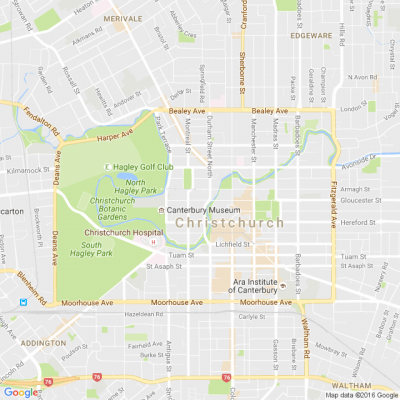
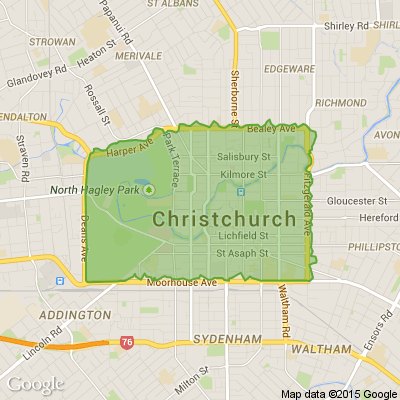




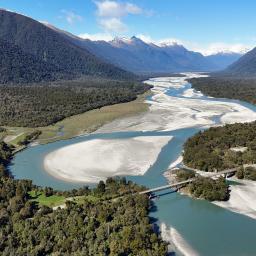
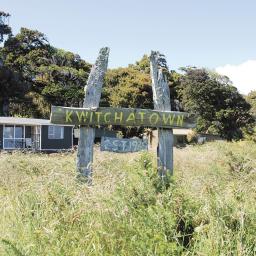

 Loading…
Loading…














